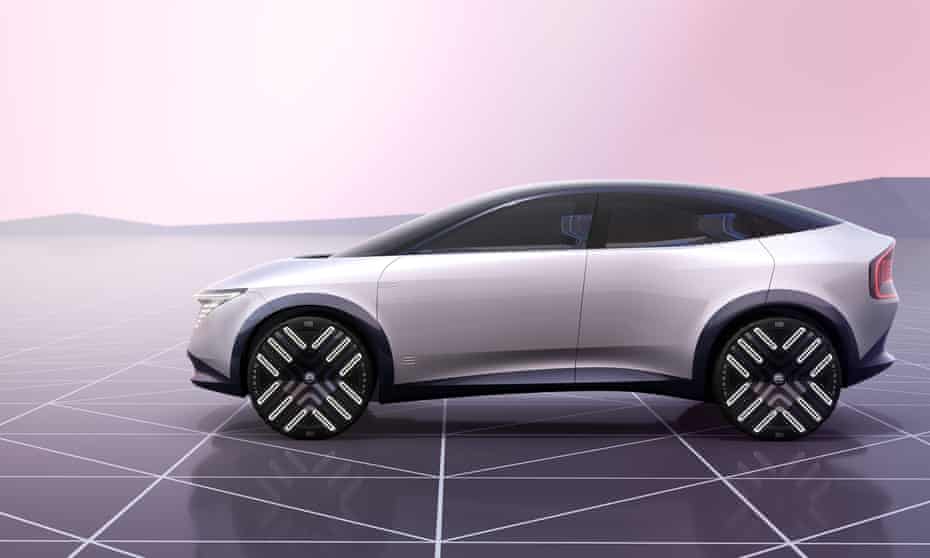Nissan to invest £13bn on speeding switch to electric cars
Sunderland plant to play key role as carmaker says it will introduce 23 ‘electrified’ models by 2030

Nissan is to invest almost 2tn yen (£13.2bn) into vehicle electrification over the next five years, including a key role for its plant in Sunderland, in its battle with rival traditional carmakers and specialists such as Tesla.
The Japanese car manufacturer, which launched one of the world’s first mass market eclectic vehicles (EVs) with its Leaf model a decade ago, said it would introduce 23 “electrified” vehicle models by 2030, with 15 of them fully electric. The remainder would be hybrids.
“The role of companies to address societal needs is increasingly heightened,” said the Nissan chief executive, Makoto Uchida. “We will drive the new age of electrification, advance technologies to reduce carbon footprint and pursue new business opportunities.”
Ashwani Gupta, the Nissan chief operating officer, said Sunderland would play a central role in the company’s plans: “Europe will take the lead on electrification around the world for Nissan. In Europe, Sunderland is the one which will take the lead towards electrification.”
The company has set itself EV sales targets of more than 75% in Europe, 55% in Japan and 40% in China by 2026. In the US the target will be 40% by 2030.
Part of the plan included the previously announced £1bn investment in the UK that will help convert Nissan’s Sunderland operation into a hub for EV production.
Nissan, which will be spending twice as much as it did in the previous decade on the EV market, said that the move formed part of a goal of becoming carbon neutral by 2050.
“We want to transform Nissan to become a sustainable company that is truly needed by customers and society,” said Uchida.
The company said that by 2030 half of all the models it makes will be powered by some form of electrification.
At the Cop26 climate change summit held in Glasgow earlier this month, car manufacturers including Ford and General Motors commited to phasing out fossil fuel vehicles by 2040.
“With our new ambition, we continue to take the lead in accelerating the natural shift to EVs through an attractive proposition by driving excitement, enabling adoption and creating a cleaner world,” Gupta said.
Nissan said that as part of its plans it intends to hire 3,000 new staff in advanced research and development globally while “continuing to upskill its current workforce”.
The company is also seeking to reduce the cost of lithium ion batteries by 65% within eight years. It is also aiming to launch an all-solid-state battery-powered car by 2028. ASSBs deliver greater range and power, at lower costs.
“We will advance our effort to democratise electrification,” said Uchida. Shares in Nissan fell more than 5% on Monday.